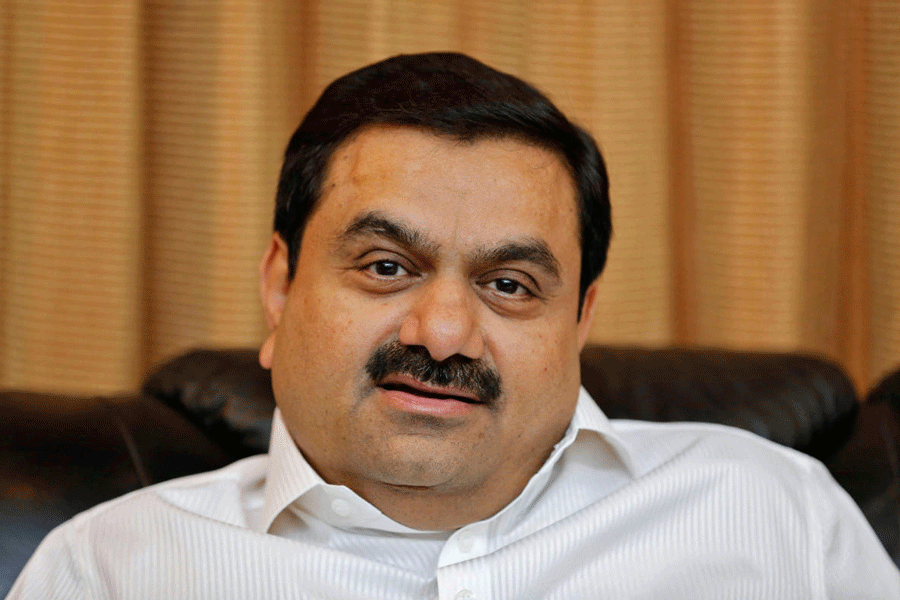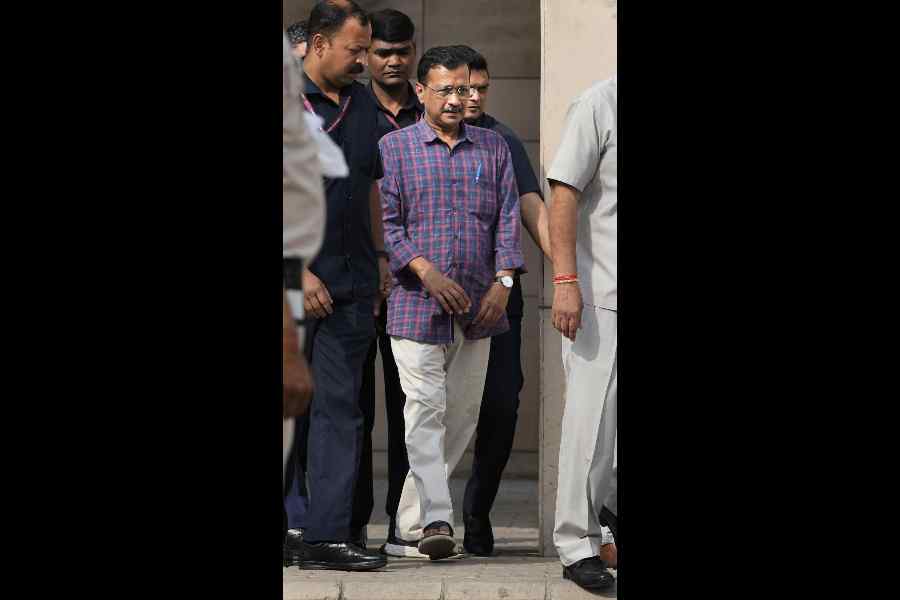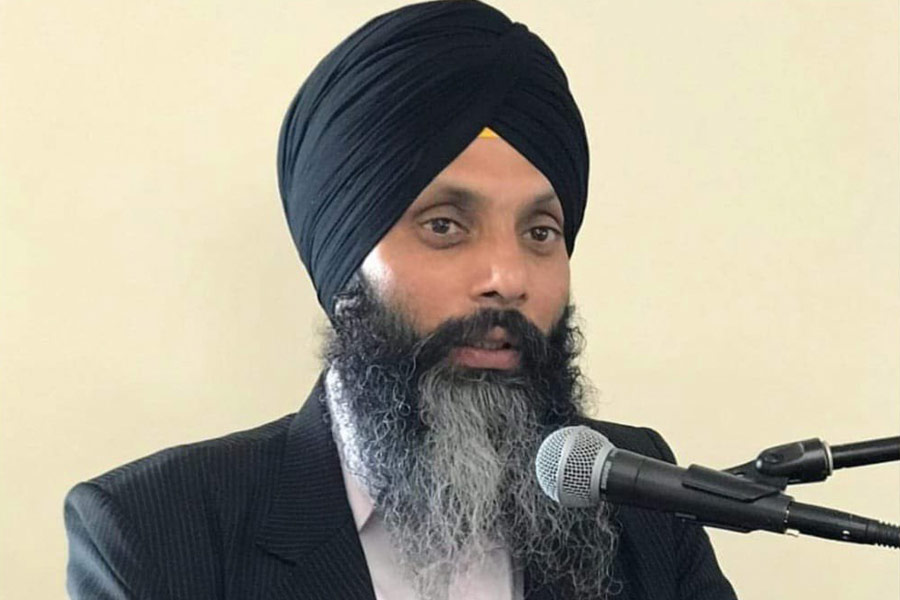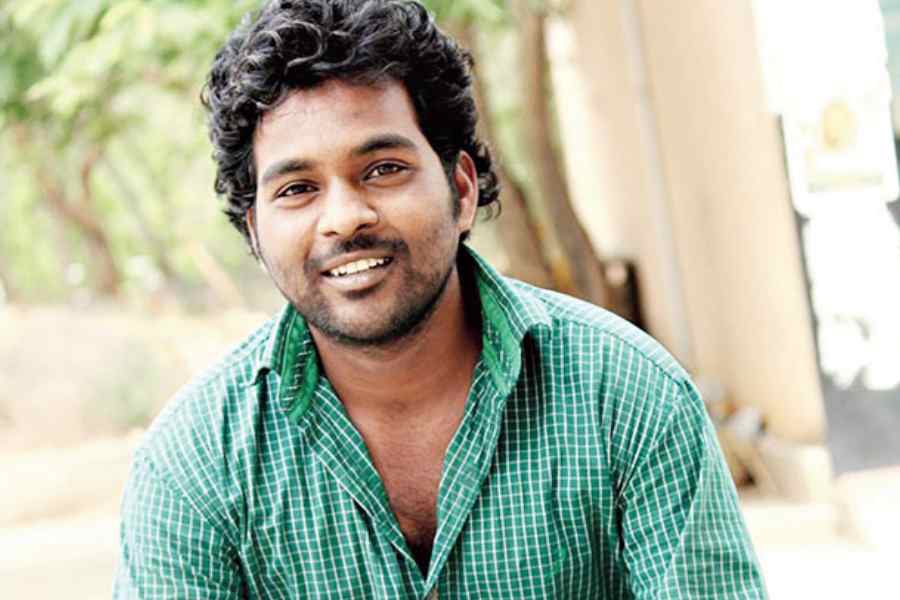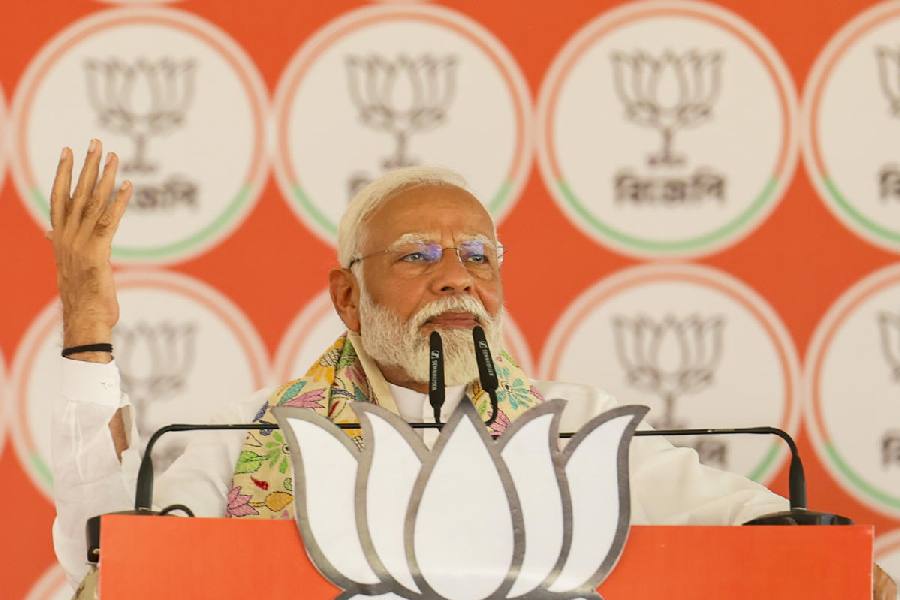The Supreme Court on Friday restrained Gujarat police from taking any coercive action, such as arrest, against two Financial Times journalists who face criminal charges over an article in the British newspaper on the Adani group.
The court, however, asked the journalists — Benjamin Nicholas Brooke Parkin and Chole Nina Cornish — to cooperate with the Gujarat police's investigation.
On November 3, the apex court had restrained the Gujarat police from taking any coercive action against two other journalists — Ravi Nair and Anand Mangnale — over an article they had written on the Adani group.
Senior advocate Siddharth Aggarwal, who appeared for Parkin and Cornish, told the bench the Gujarat police had issued summonses to the FT duo on the basis of an article, "Secret paper trail reveals hidden Adani investors", that they had not authored.
The bench posted the matter to December 1, by when the Gujarat police are expected to file their response.
"…Till the next date of hearing, it is directed that no coercive steps be taken against the petitioner. However, the petitioner shall cooperate with the inquiry," the bench of Justices B.R. Gavai and Prashant Kumar Mishra said in an order.
It also directed that the FT journalists' plea be tagged with that from Nair and Mangnale, whose article was published on the web portal of the Organised Crime and Corruption Reporting Project (OCCRP), a global network of investigative journalists.
Both the OCCRP and FT articles were written against the backdrop of a report by US short-seller Hindenburg Research that alleged stock market manipulation by the Adani group.
Asked by the bench on Friday why his clients had not approached Gujarat High Court, Aggarwal said Parkin was based as a correspondent in Delhi and Cornish was stationed in Mumbai, and there were doubts about the Gujarat police's jurisdiction in the matter.
Justice Gavai commented that the trend of petitioners directly approaching the Supreme Court was becoming too frequent and "very difficult" for the top court to handle.
During the hearing, Aggarwal argued that even if there was an offence, it might at best merit a criminal defamation case, one that is to be filed by the aggrieved company and not the Gujarat police.
Nair and Mangnale had offered a similar argument on November 3 while underlining that international newspapers --- namely, the British publications FT and The Guardian – too had reported on similar lines as their article.

